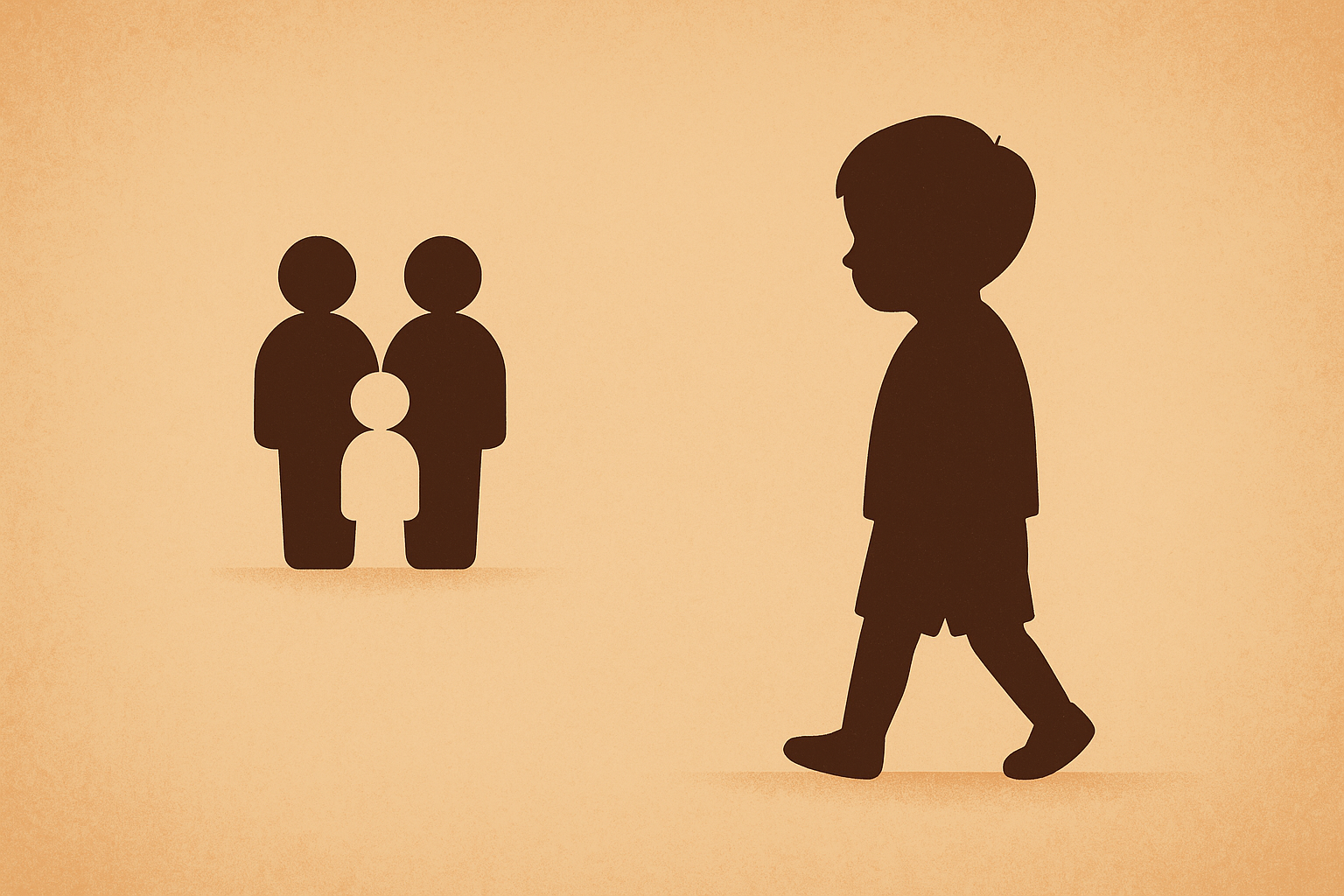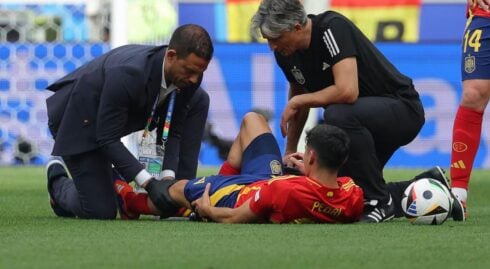SPANISH families increasingly consist of one child as a result of the country’s position as the second lowest birth rate in the EU.
Spain’s birth rate plummeted to just 1.12 children per woman in 2023, making single-child families the norm across the country.
Rising costs – with each child eating up an average of €758 monthly according to Save the Children – are forcing many families to limit their size.
However, groundbreaking research combining 141 studies has shattered long-held stereotypes about only children.
READ MORE: Well-known cinema chain in Spain fined for ‘stopping customers from bringing in outside snacks’
The 1987 study by researchers Denise Polit and Toni Falbo found that children without siblings actually scored significantly higher on achievement motivation and personal adjustment compared to those with brothers and sisters.
“There’s no guarantee that children with siblings will socialise well, nor that single children will have trouble doing so,” explains perinatal psychologist Raquel Huéscar.
“The complexity of being human depends on many factors.”
The findings directly contradict century-old psychological theories.
READ MORE: Here’s how Spain would be impacted if eight million immigrants were deported – and it isn’t pretty
Austrian psychotherapist Alfred Adler argued that people without siblings are self-centred and constantly seeking approval, while Granville Stanley Hall, founder of the American Psychological Association, claimed being an only child was ‘an illness in itself.’
Even China’s 36-year one-child policy provided revealing data. Research conducted across three studies in the Asian nation found loneliness reports were actually higher among children who grew up with siblings, contradicting popular beliefs about isolated only children.
READ MORE: British tourists must have health insurance before visiting Spain or face almost €7000 in fines
Social psychologist Toni Falbo, who continues studying child development, insists that stereotypes about only children ‘are part of common sense, but they don’t correspond to the facts.’
Her research shows that when participating in activities with peers, having siblings isn’t a differentiating factor for socialisation.
READ MORE: Airport charges set to rise in Spain with passengers likely to face higher fares
The study warns that only children face one key disadvantage – bearing the full weight of their parents’ expectations as the sole focus of family ambitions.
“Sometimes they demand a lot because they’re the only one they have,” Huéscar explained.
For Spanish parents facing economic pressures but concerned about their child’s social development, experts recommend ensuring adequate interaction with peers through sports clubs and outdoor activities whilst limiting excessive screen time.
Click here to read more Health News from The Olive Press.








